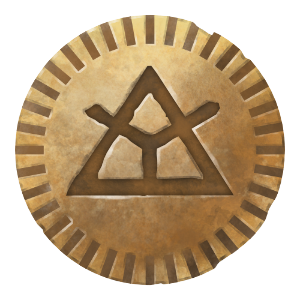Welcome to a new issue of the Journal of Runic Studies, the premier Malkioni publication for studies into the nature of Glorantha. If you haven’t subscribed yet, please consult with the spirit bound to the appropriate electronic page.
This was a pretty quiet week. I’m still catching up from all the stuff I missed while I was at ChaosiumCon, and there was also a confluence of other unrelated things (such as playing a live gig with my band last Saturday, which feels good after several years of, well, not playing live gigs…)
Chaosium News
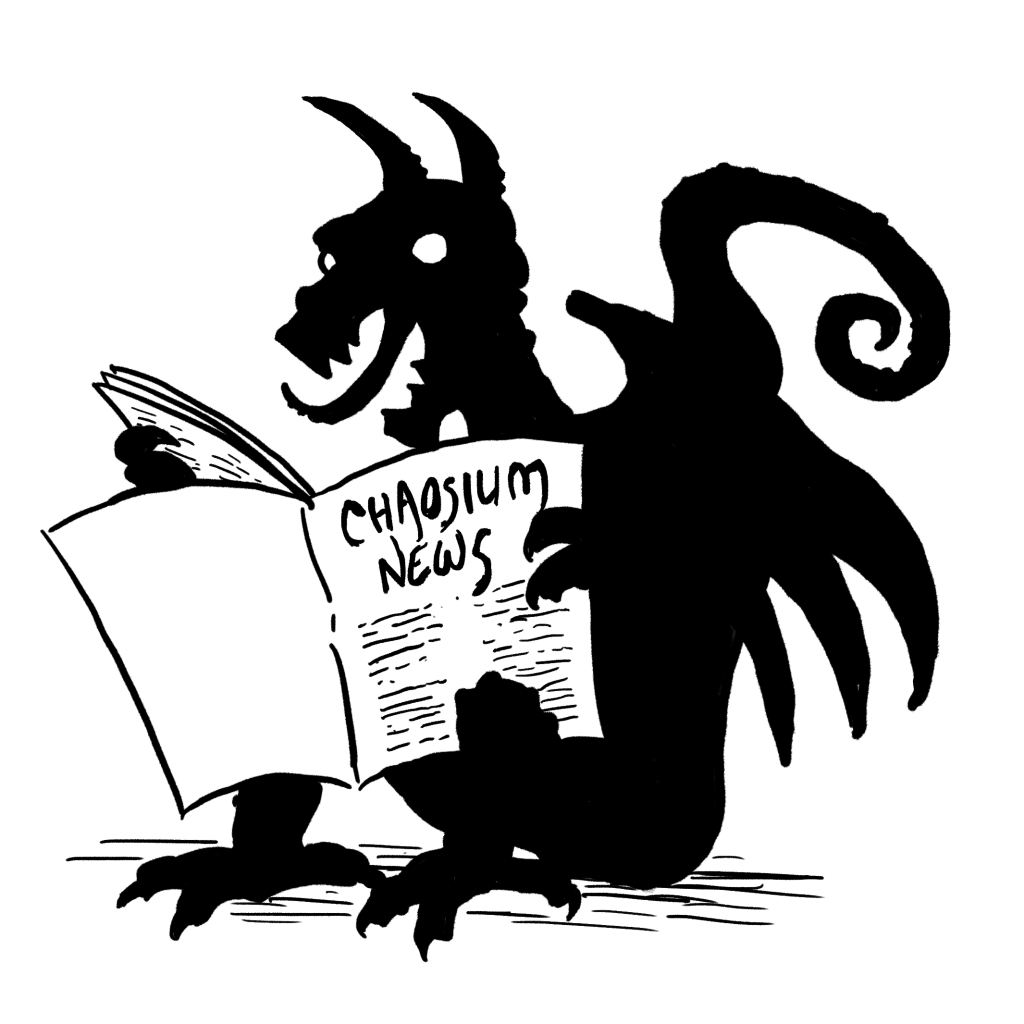
Here are this week’s Chaosium news!
Heroquesting
James Coquillat (which we interviewed on the podcast!) talks to Jeff Richard about heroquesting, that elusive activity that is so important to Glorantha and yet isn’t really explained in the rulebook. Well, you know how the joke goes… (if you don’t, send me a message!)
The two main elements of a heroquest outlined by Jeff are a good start:
- It sends the PCs into the world of myths, where gods live and weird shit happens. Someone turns into a swan to have sex with a princess and together they have kids. That same someone gives birth to a fully armed and adult daughter which comes out of its head. Time jumps around as needed, space is malleable, causality is optional. That kind of shit.
- It lets PCs come back with powerful, non-rules-approved powers and magic items. And curses, too, if you mess up.
One element that seems to vary from table to table are the laws of heroquesting, that is: what’s possible and not possible to do via heroquesting.
This is a bit like, say, time travel. The first thing to know about time travel is “what are the laws of time travel in this game/story/etc?” Does time travel create parallel timelines, or is there only one timeline that keeps changing? If the former, can you jump to these parallel timelines or does your time travelling contraption lock you to a single timeline? Do small changes to the timeline tend to fix themselves through equivalent events, or do small changes to the timeline tend to snowball into a giant mess? Do paradoxes resolve themselves by erasing people out of existence, or do they completely break the space-time continuum? And so on.
There are equivalent questions to ask about heroquesting, and I get the feeling that different gaming groups handle it differently. How separate is the God Plane from the Mortal Plane? That is, can you change things in the normal world by changing things in the myths, or can you only bring back magical powers from the myths, which are then used to change things in the normal world? If the former, how hard is it to change the myths? We’ve got precedents like the God Learners’ “goddess switch” (in which they switched two goddess as objects of worship to see what would happen) or Prince Snodal’s murder of the God of the Silver Feet (which started the syndics’ ban, effectively a magical fog that prevented all travel and communication around that part of Glorantha). How much magic would your players need to throw that kind of shenanigan, is it a dozen Rune Points and a few good rolls away, or does it require thousands of followers and as many magic points?
You get the idea. And this in turn affects whatever house rules you might be using… at least until the official ones arrive.
Jeff’s Notes

Jeff Richard, the current mastermind on everything Gloranthan at Chaosium, is often posting notes and thoughts on the RuneQuest Facebook group. Here’s our curated list from the past week. A partial archive of these sources is compiled on the Well of Daliath.
Late Stages of the Hero Wars
Jeff looks down the Gloranthan metaplot, all the way to 1639-1648, almost 20 years after the “starting time” of RuneQuest Glorantha:
One of the most interesting periods of the Hero Wars is the Lunar decade of 1639-1648. A new mask, Invictus, becomes emperor after the set backs and defeats of Argenteus, Kazkurtum, and Renovus, and rapidly rebuilds the empire. Like Khosrow II or Ashurbanipal, brought the Lunar Empire to its greatest height in 1645 before presiding over its collapse in 1646-1648.
Argenteus is the “current” Red Emperor (in the RuneQuest Glorantha timeline of 1625), but I have no idea when or how, in the Hero Wars, he’s supposed to die. He’s apparently succeeded by the several people name-dropped by Jeff here but I can’t find any references to them in my PDFs. If you’re shrugging, know that I’m shrugging too.
I can however save you a few clicks with a brief explanation of who Khosrow II and Ashubanipal are.
- Khosrow II was the last great king of the Sassanid Empire, a 3rd-to-7th century CE empire that encompassed modern day Iran plus a few other territories. If you reach for “ancient Persians” tropes, there’s a good chance it’s them.
- Ashubarnipal was much earlier. He was the last great king of the Neo-Assyrian Empire, a 10th-to-7th century BCE revival of the older Assyrian Empire. That empire had declined and withered (especially with the Late Bronze Age Collapse), but the Neo-Assyrian kings succeeded with redevelopment and reconquest for a while.
Invictus ends up being completely destroyed by Sheng Seleris. The whole 1645-1655 period is one like the Twilight Period in the GPC.
By “GPC” here Jeff refers to the Great Pendragon Campaign, with its “Twilight Period” starting 48 years into King Arthur’s reign. All magic is going away, or is already gone, from the realm. All remaining major NPCs die or disappear, it’s the dramatic end to the Arthurian saga. Just watch Excalibur again, I guess.
Community Roundup
The community roundup is our highlight of interesting things being mentioned in the Glorantha-related Facebook groups, sub-Reddits, and other similar online places.
Coeur de Runes Gets an English Translation
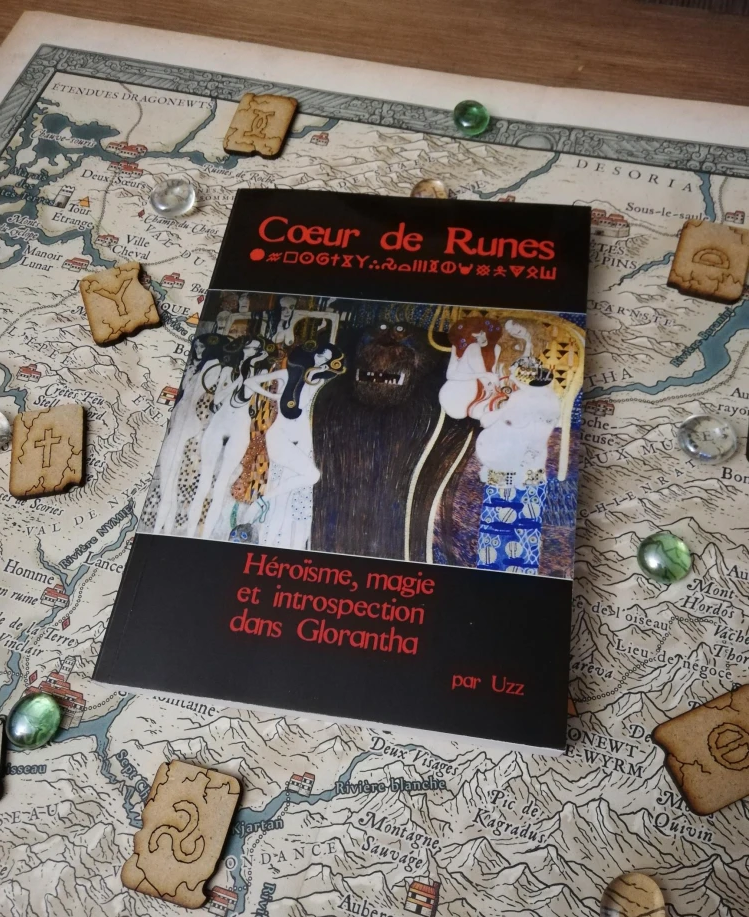
We had already mentioned the free Gloranthan game system “Coeur de Runes” (and again here), which comes from the French side of the Gloranthan community. Its author Uzz has now done a first draft for an English translation of the rules.
You can get the PDF over here and send any corrections, feedback, and/or praise over here. You can also find Uzz on most of the Gloranthan Discord servers. If all else fails, send it to me and I’ll relay the message!
Elsewhere on Arachne Solara’s Web
Not everything is about Glorantha, although most things are! Here are loosely relevant things that we found on the interwebs.
A Malagasy Eurmali Tale
While listening to the latest season of the History of Africa Podcast, I rushed to my notebook to write down this tale of Malagasy mythology/history that can perfectly double as an Eurmali heroquesting power: a mighty rotten egg!
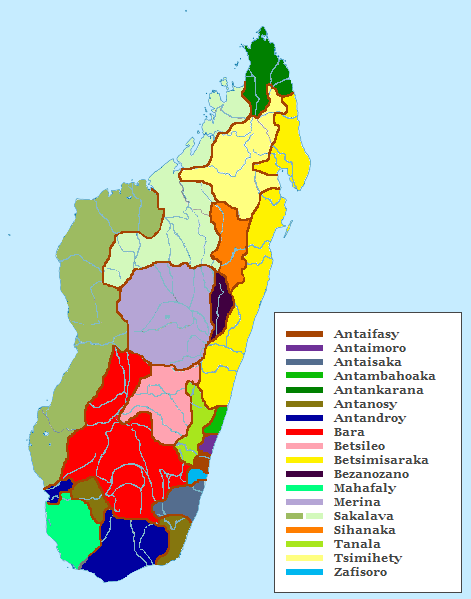
Okay so first let’s set the stage: we’re on Madagascar in the late 1500s, in the central highlands of the Kingdom of Imerina. Look for the “Merina” ethnic group in the map above to get a rough idea where there were.
The Kingdom was still pretty new at this time, having been founded in 1540, so its second monarch, Ralambo, needed a great idea to secure his legitimacy to the throne. Malagasy people at the time had magical amulets called “ody”. These were common and everybody had them, since they provided useful protection or blessings for every day life. Think utility Spirit Magic foci. But Ralambo came out and said “oh yeah you have some cool ody, but me? I’ve got some sampy“. These sampy are basically exactly like ody, but they’re super more powerful. They have magical powers that can affect an entire village or even, hey, guess what, an entire kingdom. And the king has them. What do sampy look like? Exactly like ody. But the king knows the difference, trust him.
Check out some ody and sampy:
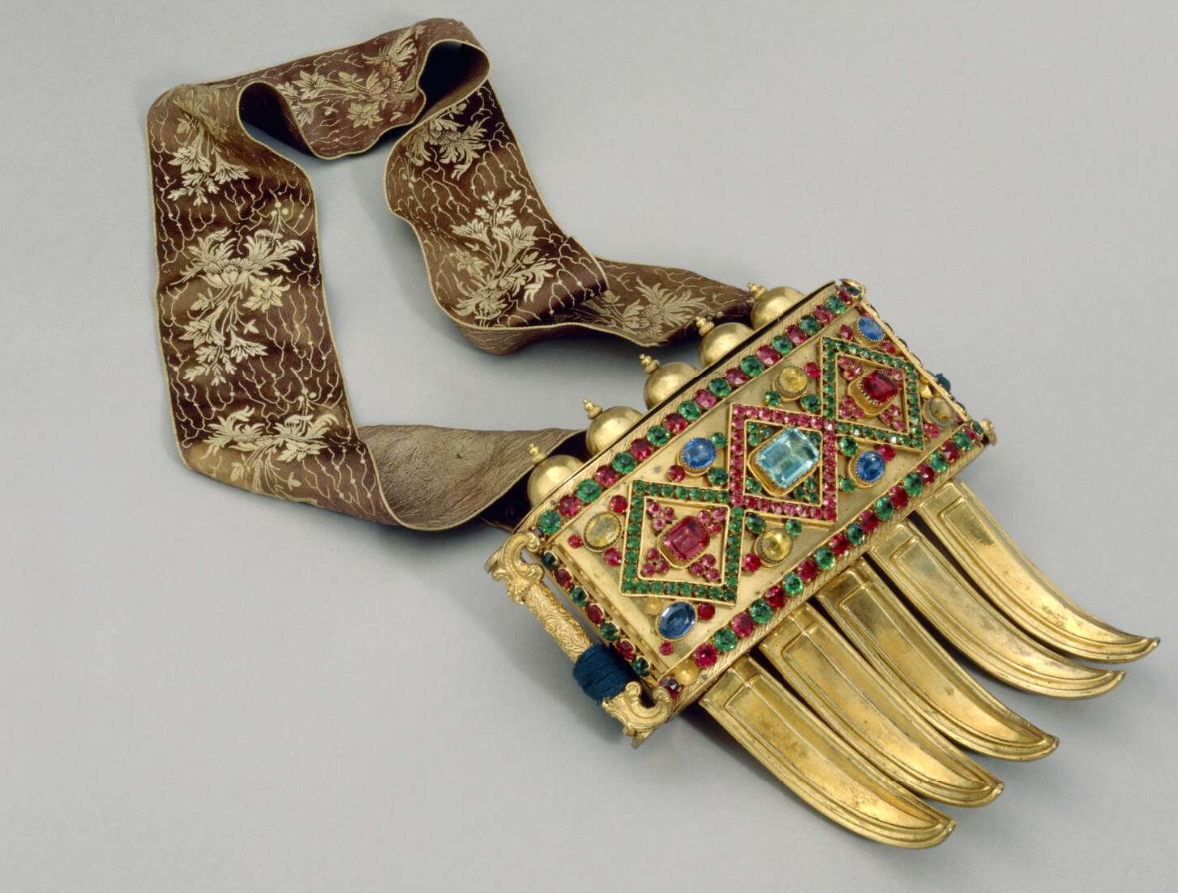
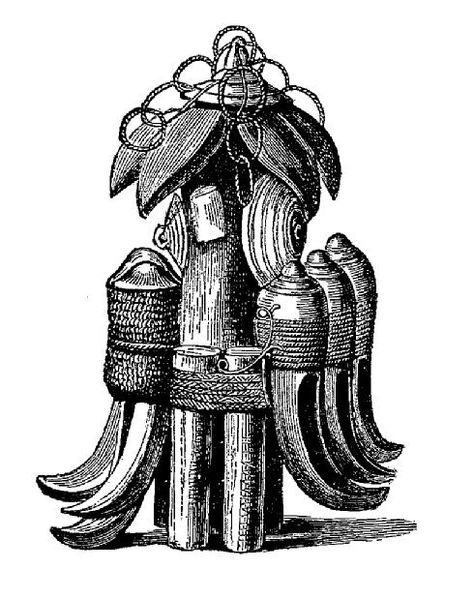
So King Ralambo gets twelve super sampy (I’m sure the PCs in your Madagascar game were tasked to retrieve them, that was the whole premise of the campaign!) and gets them to be worshipped almost as individual guardian spirits of the community. These items would, under careful study by chosen adepts, “reveal” secrets that the King and his buddies could use to great effect. Think heroquesting powers provided by wyters, or something.
According to “oral history” (which very often steps into “complete myths”) one of the first sampy was called Kelimalaza. When some warriors from the nearby Sakalava tribes planned an attack on an Imerina village, King Ralambo said it would be easy to win the battle. He would simply throw a rotten egg at the coming army and Kelimalaza’s powers would do the rest.
Lo and behold, Ralambo throws a rotten egg at the one of the Sakalava warriors and magic happens! The warrior and his two buddies on either side step back to avoid the stinky projectile. Doing so, they impales themselves on the weapons of the second rank of soldiers. Those, and the soldiers around them, are spooked by this! So they also step back and impale themselves on the third rank! And again and again! After a comical wave of surprise followed by impalement, the entire enemy army was vanquished.
So there you have it: if your Eurmali adventurer heroquests for a great battle power, give them a rotten egg!
Thank you for reading
That’s it for this week! Please contact us with any feedback, question, or news item we’ve missed!

